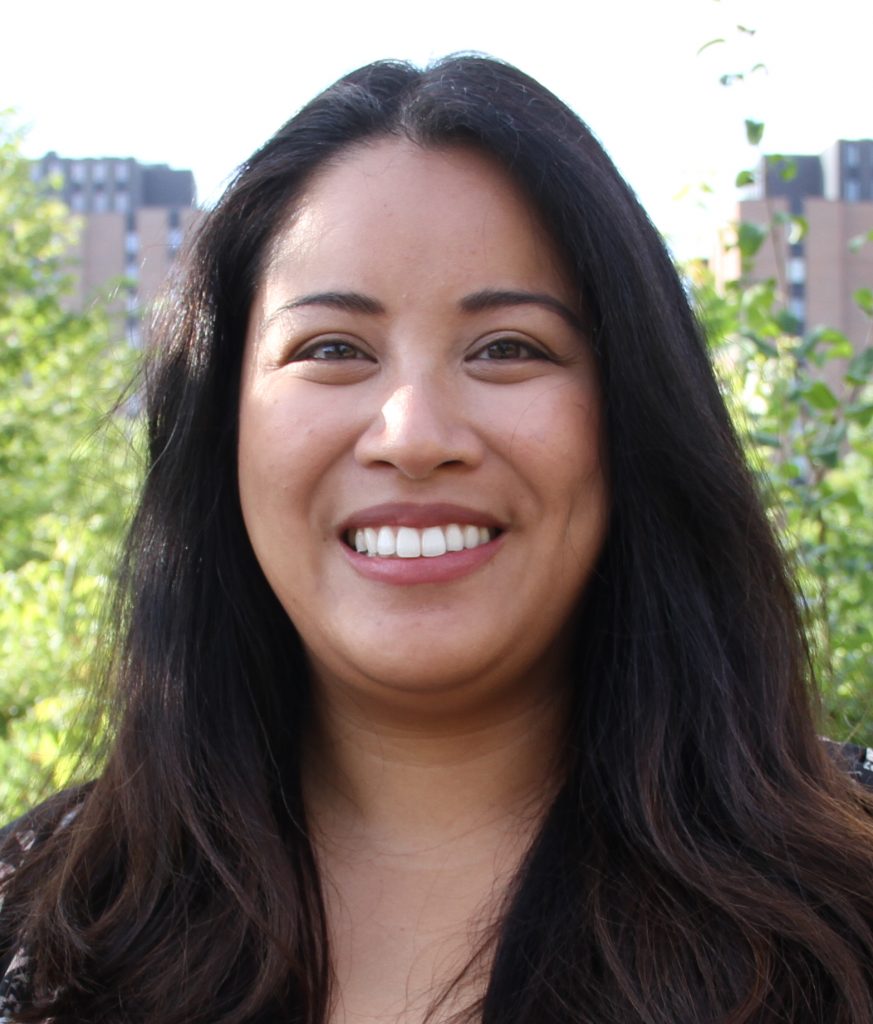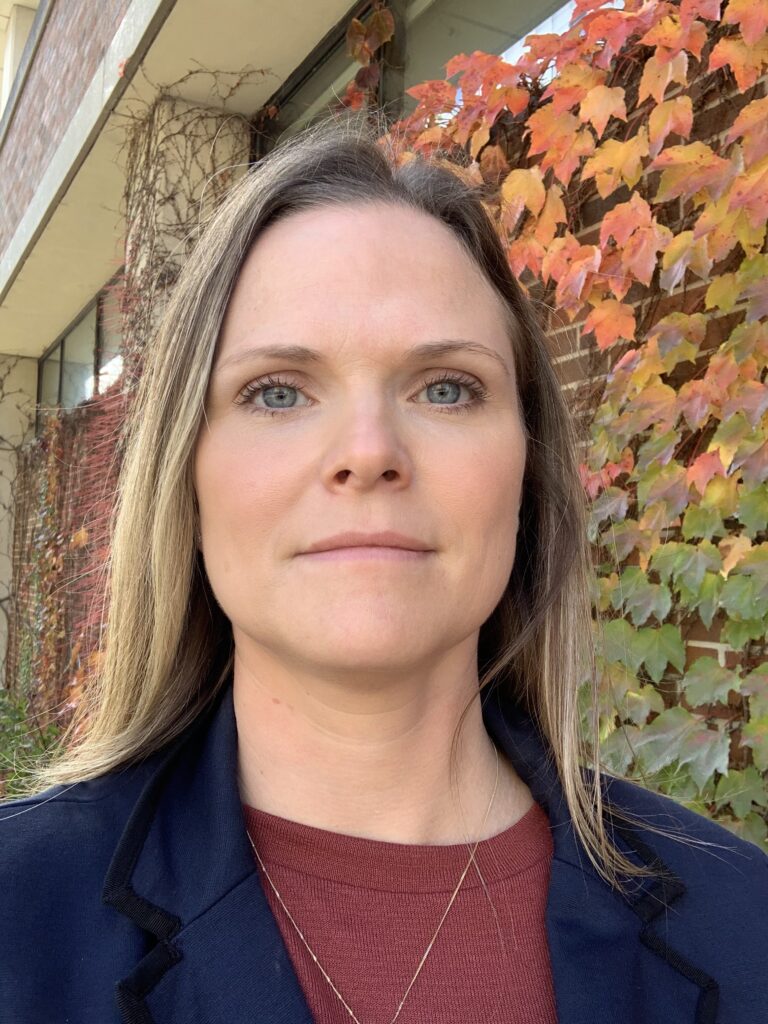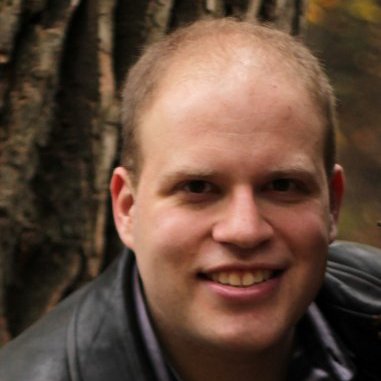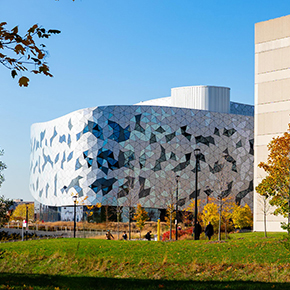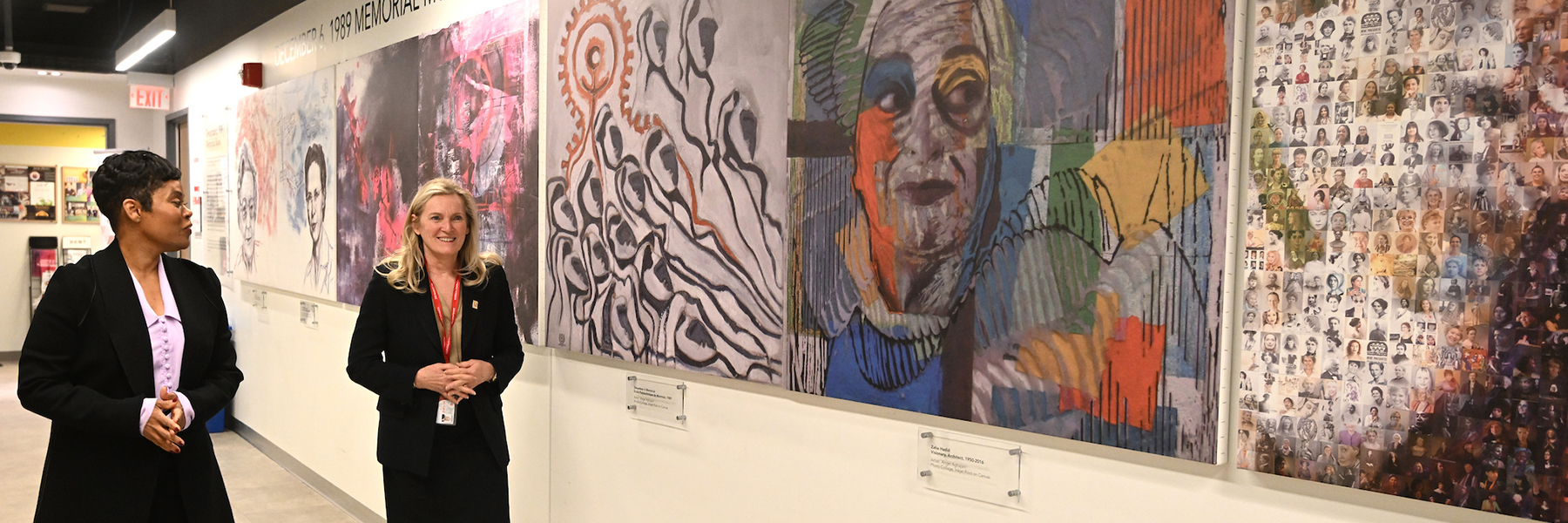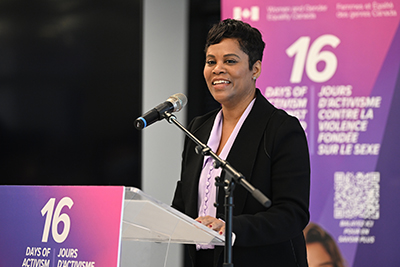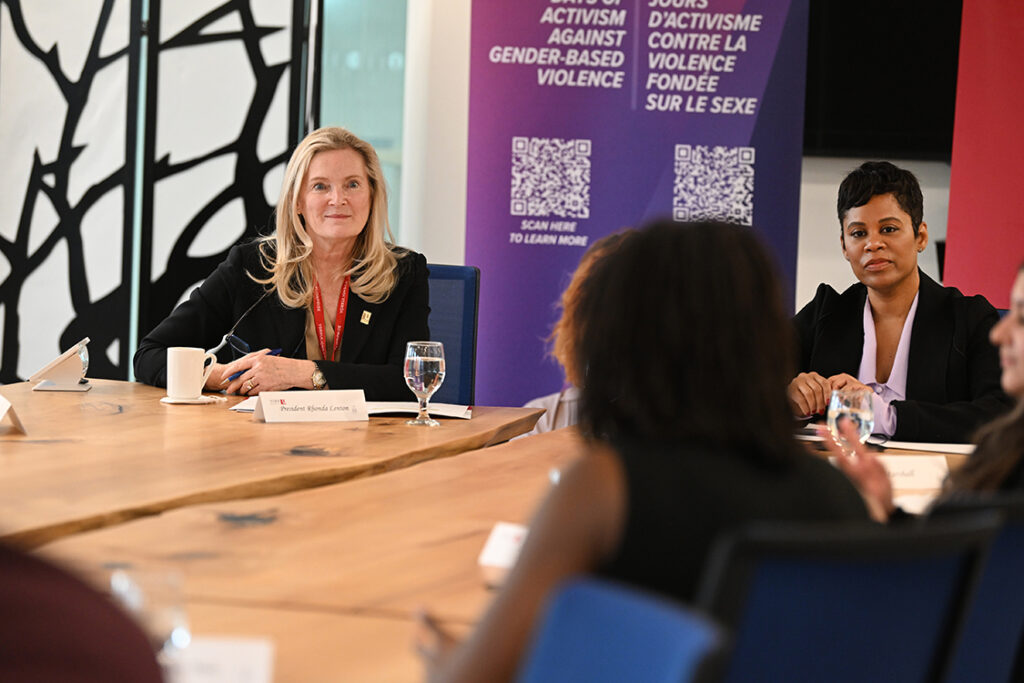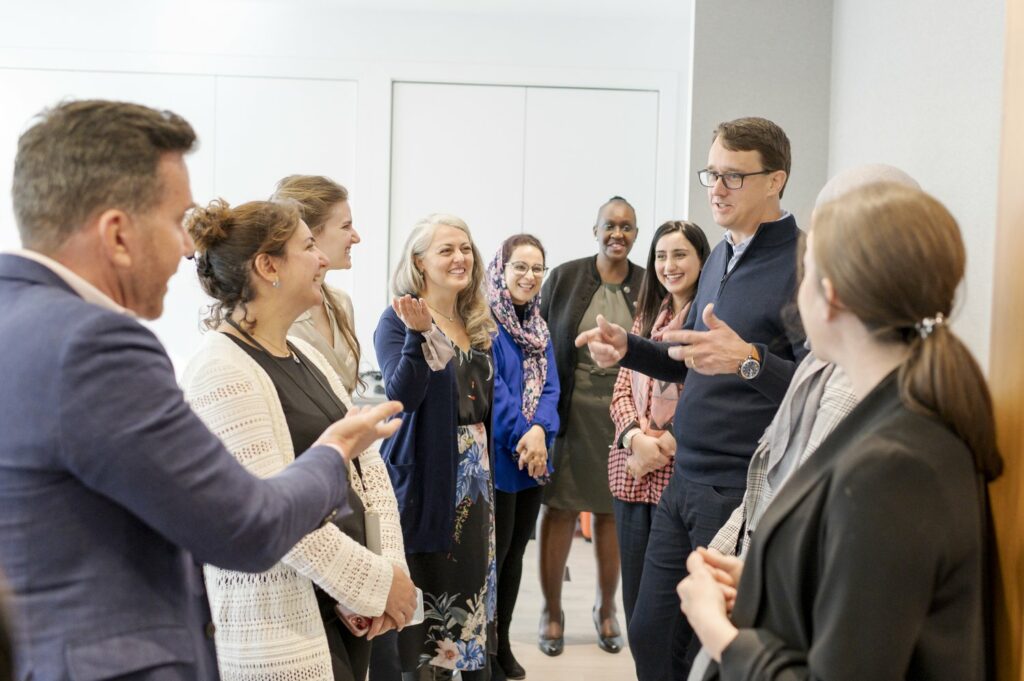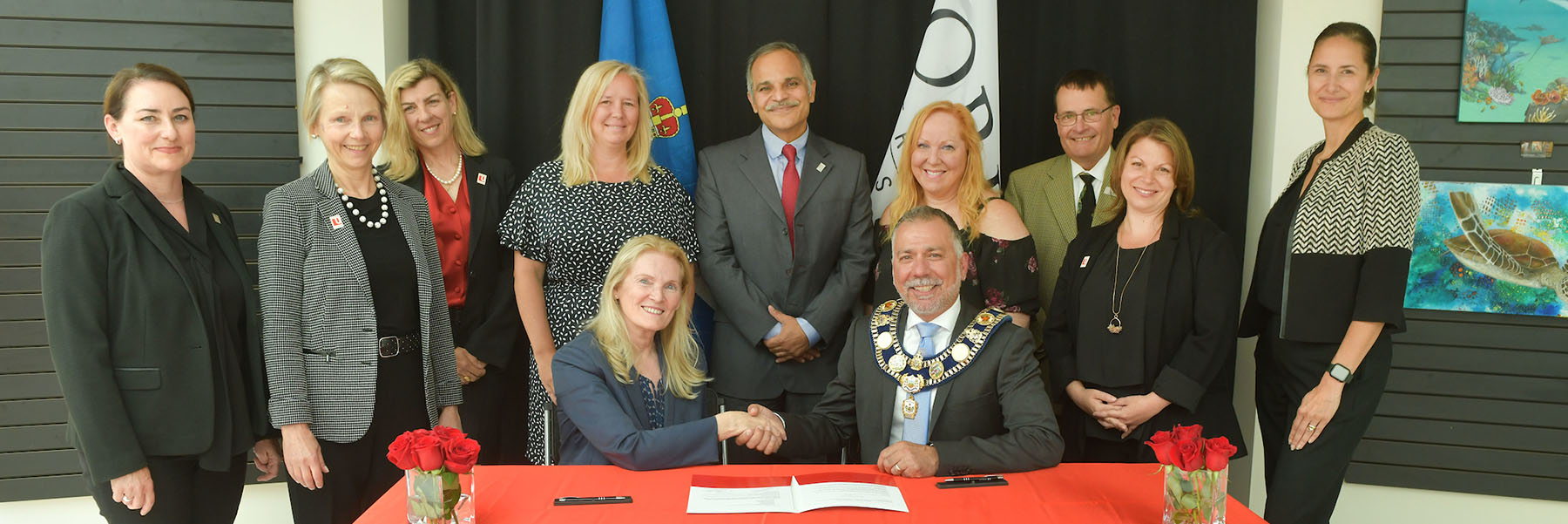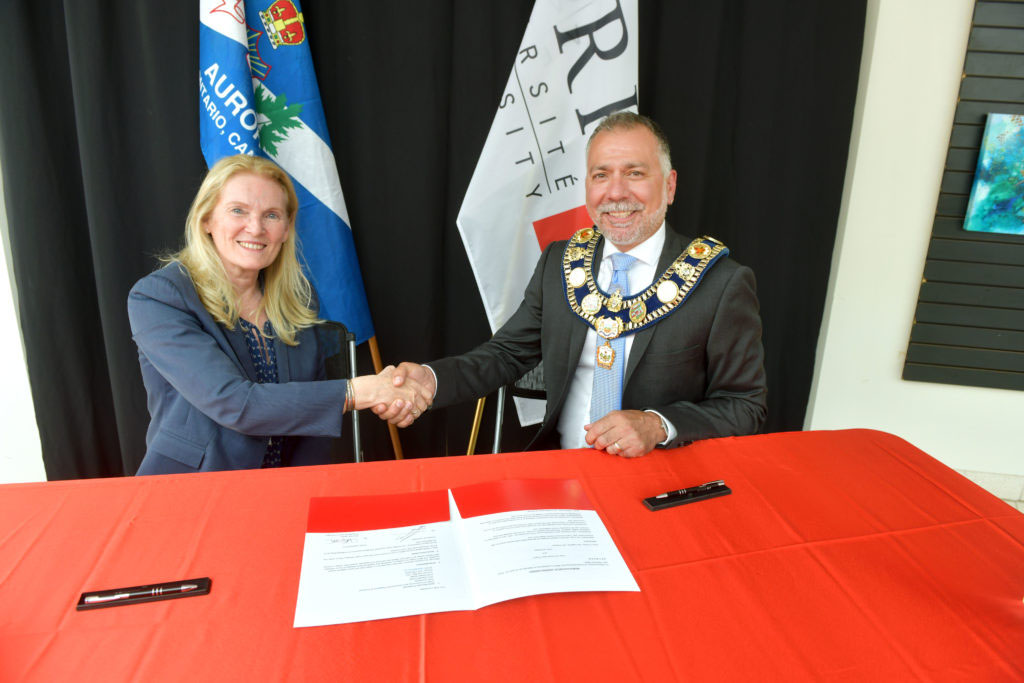The School of the Arts, Media, Performance and Design (AMPD) will receive $200,000 to adapt and implement mindfulness practices for students, faculty and staff as a part of the Canada-wide Mindfulness Initiative.
Announced on Feb. 21, the funding – delivered over three years via the Public Health Agency of Canada – will support a comprehensive set of mental health promotion materials linked to a peer support network and various mindfulness training and practice programs. The impetus behind the project is the realization that growing barriers to gainful employment, the COVID-19 pandemic and social isolation are hardships particularly impacting students. By facilitating mindfulness practices, some of those stresses can be alleviated or mitigated, thereby allowing students to more thoroughly commit themselves to their educations.
At AMPD, the investment will expand programs like music for health and wellness. With this community-based project, AMPD aims to promote mental health to students in a way that builds lifelong coping and resilience skills while in school and beyond graduation.
“AMPD focuses on the whole person,” said Sarah Bay-Cheng, dean of AMPD. “We provide students with the tools to support their physical and mental well-being. Students must develop their technique alongside wellness strategies to reach and sustain their creative potential,”
The initiative is the result of a collaborative effort from York University’s AMPD, Concordia’s Faculty of Fine Arts, Nova Scotia College of Art & Design University, Seneca’s School of Creative Arts and Animation, and led by OCAD University, to secure government funding for mental health services.
“We are pleased to partner with OCAD on this investment that brings wellness into the core of [our curricula,]” Bay-Cheng added. “We look forward to developing existing initiatives and expanding our wellness mandate into new facets of the School.”
In total, The Mindfulness Initiative will provide nearly $4 million throughout its duration in support of post-secondary student mental health. The funding will enhance students’ coping and resilience skills and create a supportive environment where emerging creative artists and designers, including those from marginalized communities, flourish.
“Our government recognizes that the pandemic has greatly added to the pre-existing mental health and substance use challenges many students and young people face. This is especially true for marginalized and racialized young adults,” says Minister of Mental Health and Addictions Carolyn Bennett.




